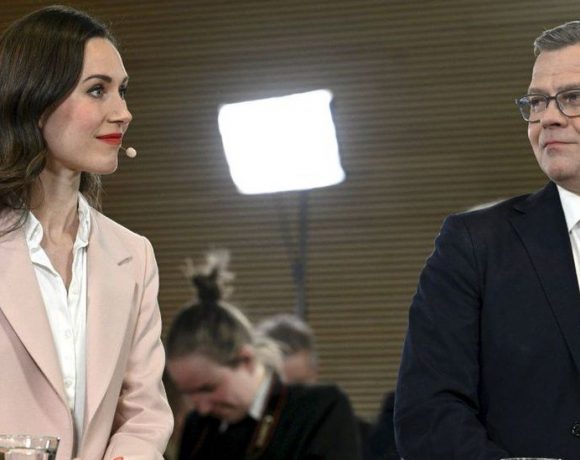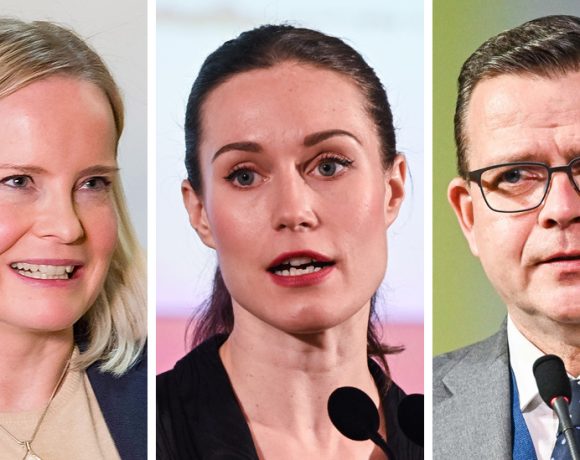
In a closely contested three-way election, Finland’s conservative leader Petteri Orpo defeated the center-left of prime minister Sanna Marin.
“We got the biggest mandate,” said the leader of the National Coalition Party, after a dramatic night in which the result gradually swung away from Ms Marin’s Social Democrats. Prior to the center-left and the right-wing populist Finns Party, Mr. Orpo won 20.8% of the vote.
A record 20.1% went to the populists. Ms. Marin, who increased the number of seats for her party and received 19.9% of the vote, suffered a crushing defeat.
She continues to receive favourable ratings in polls and has won accolades for guiding Finland towards its impending membership in NATO and guiding it through the Covid-19 pandemic.
The center-left candidate conceded the contest shortly after the conservative candidate declared victory.
“Congratulations to the winner of the elections, congratulations to the National Coalition Party, congratulations to the Finns Party. Democracy has spoken,” she told supporters.
The three parties had been almost evenly matched in the polls for weeks, but when the results poured in, it became impossible to predict. The National Coalition of Petteri Orpo won the most seats in parliament, according to a prediction from public broadcaster YLE.
By winning more regions than any other party in mainland Finland, the Finns highlighted their accomplishment. Riikka Purra received more votes than any other candidate, and commentators emphasised how her party engaged younger people by using social media platforms like TikTok.
Three other parties in the departing coalition, the Centre Party, Left Alliance, and Greens, also suffered significant setbacks.
Sanna Marin, who is now 37, entered politics in 2019 and quickly rose to the position of leader in the world. She oversaw a coalition of five female-led parties.
Notwithstanding her effective response to neighbouring Russia’s invasion of Ukraine, Finland’s economy and public debt dominated the election debate because all of the major parties supported Nato membership.
Many Finns see her as a polarising figure. She came under heavy scrutiny last year when a video emerged of her singing, dancing and drinking at a party. Supporters said the controversy was steeped in sexism and women across Finland and the world shared videos of themselves dancing in solidarity.
Picture Courtesy: Google/images are subject to copyright

